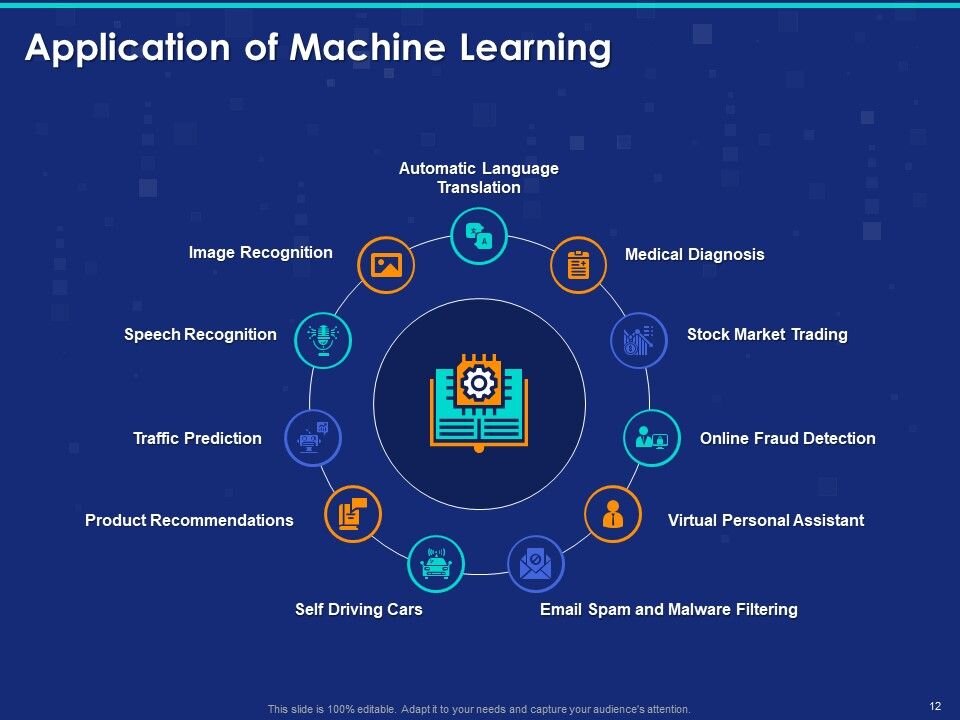Search results: 266
Linear Algebra-I: Matrices and their properties, rank by echelon form, Rank, nullity, Eigen Values and Eigen Vectors, Inner Product and projections.
Linear Algebra-II: Similarity transformation, Diagonalization (2x2), EVD (Eigen Value Decomposition, SVD (Singular Value Decomposition), Matrix Factorization, LU- Doolittle Method.
Probability and Distributions: Probability and Conditional Probability, Bayes’ Theorem, Discrete and Continuous Distributions, Binomial Distribution, Poisson Distribution., Normal Distribution , Expectation and variance.
Descriptive Statistics and Interference: Mean, Median, Mode, Standard Deviation, Correlation, Sampling Techniques Sampling Theory (Small and Large), Hypothesis, Null hypothesis, Alternative hypothesis, Testing a Hypothesis, Level of significance, Confidence limits, t-test.
Calculus and Optimization Basics: Partial Derivatives, Composite Function, Total Derivatives, Chain Rule and Gradient Computation, Gradient Descent Algorithm, Learning rate and convergence.
- Teacher: Mr. Saurabh Choudhary [MCA]
Machine learning (ML) is a type of artificial intelligence (AI) that allows software applications to become more accurate at predicting outcomes without being explicitly programmed to do so. Machine learning algorithms use historical data as input to predict new output values.
Recommendation engines are a common use case for machine learning. Other popular uses include fraud detection, spam filtering, malware threat detection, business process automation (BPA) and predictive maintenance.
Why is machine learning important?
Machine learning is important because it gives enterprises a view of trends in customer behavior and business operational patterns, as well as supports the development of new products. Many of today's leading companies, such as Facebook, Google and Uber, make machine learning a central part of their operations. Machine learning has become a significant competitive differentiator for many companies.

- Teacher: Rashika Bangroo [CSIT]
- Teacher: Sonia Deshmukh [CSIT]
- Teacher: Dr. Sudhir Kumar Sharma [CSIT]
- Teacher: Dr. Sudhir Kumar Sharma [CSIT]
- Teacher: Chandan Kumar [CSIT]
- Teacher: Ms. Jyoti [CSIT]
- Teacher: MR ANKUR BHARDWAJ [CSE]
- Teacher: Mr Gaurav Parashar [CSE]
- Teacher: MR HRIDAY KUMAR GUPTA [CSE]
- Teacher: Mr. UMANG RASTOGI [CSE]
- Teacher: Dr. Sushil Kumar [CSE]
- Teacher: Mr. Saurav Chandra [CSE]
- Teacher: MS HIMANSHI CHAUDHARY [CSE]
Mechanical Engineering Department
B. Tech, VIth Semester
Make-Up Examination, (2020-21) Even Semester
(NDT) (KME 061)
1. Attempt all the questions
2. The question paper consist of 50 Questions
3. The duration of question paper is 90 minutes
4. The correct question will have a weightage of +2 marks
5. wrong answer has the weightage of 0 mark
6. Unattempted question fetches zero marks
The objective of this course is to develop the ability to apply the concepts, tools and techniques
of economics in analysing and interpreting business decisions.
- To understand the basic concepts of Marketing Analytics
- To study various tools to have marketing insights in various marketing areas through empirical data
- To interpret the marketing data for effective marketing decision making
- To draw inferences from data in order to answer descriptive, predictive, and prescriptive questions relevant to marketing managers
Course Objectives
1. Assess market opportunities by analyzing customers, competitors, collaborators, context, and the strengths and weaknesses of a company.
2. Understand consumers’ requirements and their behaviors.
3. Develop effective marketing strategies to achieve organizational objectives.
4. Communicate and defend your recommendations and critically examine and build upon the recommendations of your classmates both quantitatively and qualitatively.
5. Develop the understanding the current global and digital aspect of marketing.
CO1 Apply and analyze the nature and scope of services marketing
CO2 Critical analysis to perceive service shortcomings in reference to ingredients to create service excellence
CO3 Apply and evaluate critical issues related to service design
CO4 Analyze theoretical and practical basis for evaluating and developing service performance using company examples
CO5 Illustrate and assess characteristics and challenges of managing
service firms in the modern world
